
In my opinion the crypto market has bottomed out yet once again. The launch of Tron and EOS in the next week is going to kick off a summertime bull run. I'm pretty much all in on blockchain. I am emotionally divorced from my money, as all traders should be if they want to stay sane and make tactical decisions. I would say now is a good time to buy, but what should you buy and how should you organize it?
Decentralize Holdings
The theme of cryptocurrency is decentralization. The cryptosphere is a web of open source collaboration and cooperation. If you hold several types of coins you probably can't miss. I mostly stick to the top #100 coins, but there are a few that show promise like Gridcoin, Genesis Vision, Presearch, and Manna that range from #200 to #1000. Even SBD is a #300 coin. Other coins I have an interest in are:
- Ethereum
- EOS
- Litecoin
- IOTA
- NEM
- Binance
- Steem
- Bitshares
- Siacoin
- Nano
- Golem
- Digibyte
- Monacoin
- Reddcoin
- Electroneum
- Flik
I don't have access to a lot of money so I only hold a few of these coins, but I make sure to keep an eye on all of them.
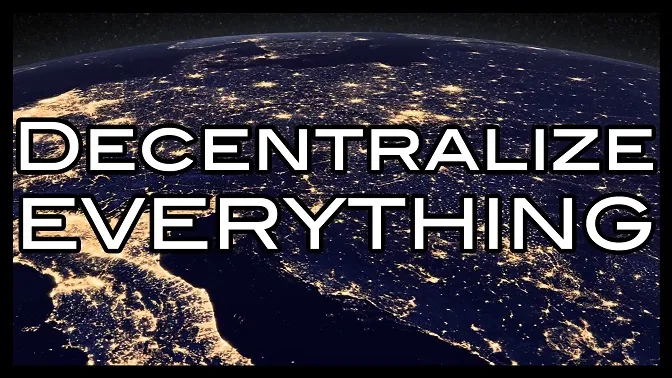
Decentralize Wallets and Private Keys
It's very important to divide your holdings into multiple locations to shield yourself from theft. If you get hacked, you should obviously aim to lose as little money as possible. Offline hardware wallets are great, but if you keep all of your holdings on a single thumb drive, you've still managed to centralize all your risk to a single point of vulnerability.

ERC-20 tokens (MetaMask)
All ERC-20 tokens can be held in a single Ethereum Wallet. I think that MetaMask is a great free option as long as you're not risking too much. With MetaMask, the wallet is encrypted directly on your computer so you don't have to risk going to a centralized web site like MyEtherWallet. The Beta version allows you to send and receive coins directly from the chrome extension. MetaMask uses a 12 word keyphrase seed to generate all your private keys in the same order no matter what computer you access them on.
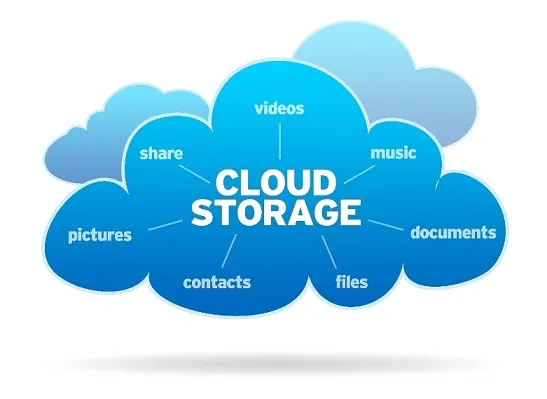
Cloud
Storing private keys on the cloud is the least secure (but also often most convenient) way to store your coins. Every time you store a key on your email account or other cloud service you are centralizing those wallets together. If your cloud gets hacked then you lose all your keys linked to that account. Always make sure keys on the cloud are encrypted with a secondary password.
A few days ago a read about a very innovative cloud service that is specifically made to store crypto keys. I can't remember what it's called (it isn't live yet) but using smart contracts it will only decrypt your keys if a predetermined trigger happens. For example, the trigger might be logging out of the service for a month. If you lose your keys you can simply log out of the service for a month and your keys will be emailed to you or whoever you choose. Expect services like this to be much more commonplace in the future.

Steem
The amazing thing about Steem is that it is it's own category of wallet decentralization. You get three keys: Owner, Active, and Posting. You never need to use your owner key for anything other than changing your current keys. Combined with account recovery, Steem is one of the most secure options for holding crypto. If my account was hacked I might lose 50 SBD but my 1000 Steem Power would be safe. There also might be transaction reversals but I'm not sure how that works. Also, I'm not quite sure but I assume Bitshares and EOS work the same way because they are all @dan creations.
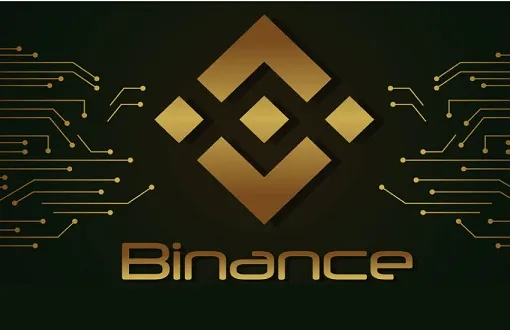
Exchanges
Exchanges may be centralized, but they are also a great way to decentralize your holdings. Having some of your coins on an exchange is often a good idea and Coinbase is insured up to a quarter million dollars per user. Exchanges also have two factor authorization and link your phone to your account.
There are even some centralized exchanges like Binance that claim to be making a push toward decentralization. Decentralized exchanges like Bitshares already exist but they seem a bit underdeveloped. Regardless, there are many options when it comes to holding coins on an exchange. Like storing keys on the cloud, it can be a trade off of convenience at the sacrifice of security.
Check your balance with a public key.
There is no reason to expose your private key to the Internet unless you want to transfer money. If you want to check your balance you can simply use a public key. Here's the public key to my MetaMask account:
0xA614Afec999F93928F656cCc0eD3CEA0b8410c59
Using Etherscan you can easily look into my wallet:
https://etherscan.io/address/0xA614Afec999F93928F656cCc0eD3CEA0b8410c59#tokentxns
I've got 28.8 EOS tokens, 31.3 Golem tokens, and 0.014 Ether for transaction fee gas.
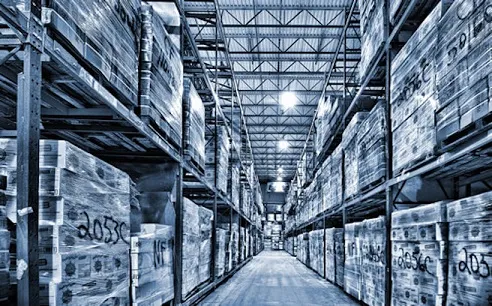
Cold Storage (HODL!)
If you aren't interested in day trading or swing trading you can put all your coins into a wallet whose private key is never exposed to the Internet. Simply generate your public/private key offline and add coins to the wallet with the public key. This is super secure because not only would someone have to get a hold on your physical private key, they'd also have to know what to do with it. How many people do you know that would look at a private key and even know what it was?
Unfortunately, this technique is much more prone to human error than to theft. What if your house burns down? All your crypto will burn with it. What if you simply lose the piece of paper or flash drive that has the key on it? Oops. Maybe you want to keep copies of the key in more than one place. However, every time you make a copy of it, it theoretically becomes less secure because there is more access to it. As you can see, it's quite a balancing act.
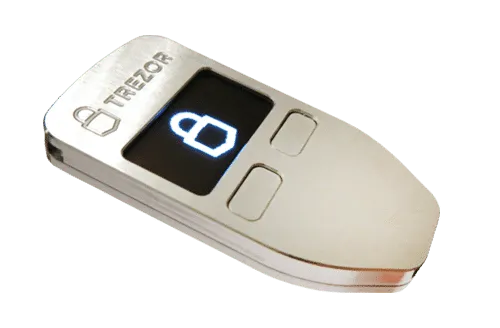
Hardware Wallets
Ledger and Trezor are the most popular air-gap wallets you can buy. These wallets let you send funds over the Internet without actually exposing your private key. They are pretty handy but have an overhead cost of like $100. These devices are considered the most secure way to store crypto. There have been some incidences of them being hacked, but the hacker has to have physical access to the device. This begs the question: Why were you blabbing your mouth talking about your crypto holdings and where you keep them?
Secret Secrets
It might sound hypocritical coming from the author of this post, but don't talk about your crypto holdings. There is no reason to paint a big target on your forehead for every hacker to see. Crypto is all about transparency, but at the same time privacy is a very big deal.
Mission Accomplished
Now you know the value of decentralizing your assets. It's only a matter of time before crypto becomes mainstream. This disruptive technology will change the world for the better in less than ten years; even more so than the Internet did during it's inception. In the meantime, we can all get a leg up on the general population by learning as much as we can about this disruptive force. Blockchain tech may be complicated but the payoff of figuring it out is a huge investment that is bound to pay off.
